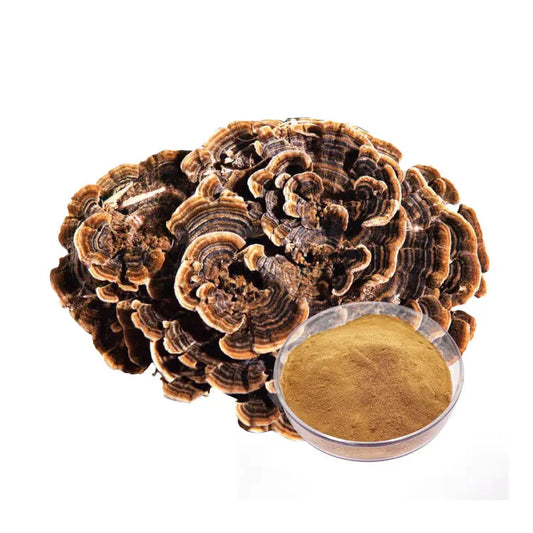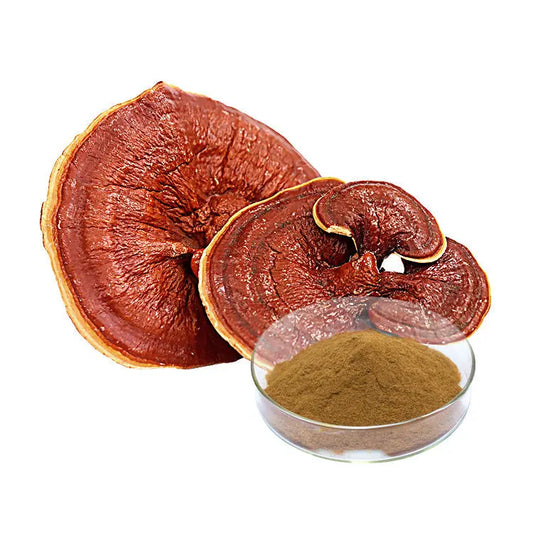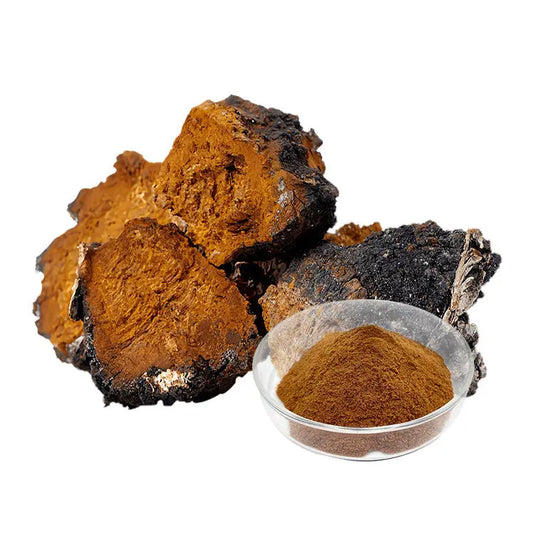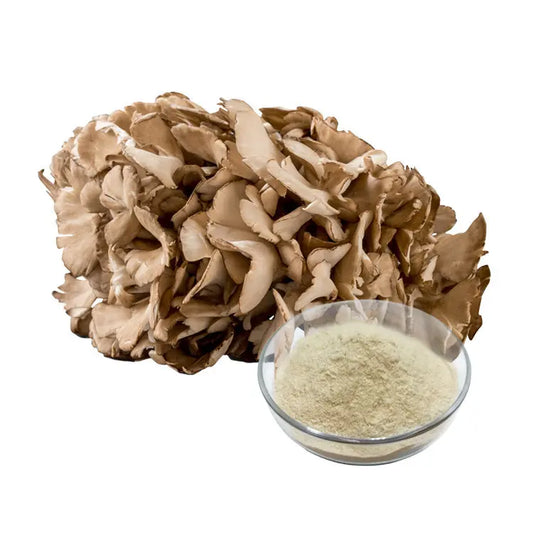As people age, combating age-related diseases becomes increasingly important. Conditions such as Parkinson's disease and Alzheimer's disease impose a significant burden on global healthcare systems and families. However, recent research suggests that ergothioneine (ERGO) could be a key factor in improving this situation.
The Origin of Ergothioneine
ERGO is an amino acid produced by fungi, and it is abundant in mushrooms. It is considered an antioxidant and anti-inflammatory compound with the potential to combat various age-related diseases. While ERGO is highly concentrated in mushrooms, plants are the primary source of ERGO in the human food chain. These plants rely on fungi in the soil to transfer ERGO to their roots, subsequently entering our food chain.
Research indicates that ERGO levels in the human body decrease with age. Additionally, individuals suffering from cognitive impairments and various chronic age-related diseases typically have lower ERGO levels. Therefore, increasing ERGO levels could be a potential preventive strategy to reduce the risk of these diseases.
Market Prospects
Given the potential health benefits of ERGO, it has broad market prospects. Here are some key points regarding the market prospects of ERGO:
1. Health and Wellness Market
With an increasing focus on health and wellness, there is a growing demand for natural health products. ERGO can be seen as a natural nutritional supplement to combat age-related diseases, making it potentially attractive in the health and wellness market. The health food, dietary supplement, and pharmaceutical industries may be interested in developing and promoting products containing ERGO.
2. Food and Beverage Industry
The food and beverage industry has been actively seeking innovative ways to enhance the nutritional value of its products. Food and beverages containing ERGO may become a market highlight. Specifically, mushroom products, such as shiitake mushrooms, are considered the best source of ERGO, which could spark increased interest in mushroom-based foods.
3. Agricultural Practices
The agricultural sector can also play a crucial role in the market prospects of ERGO. Improving agricultural practices, such as adopting no-till farming, can increase the ERGO content in crops. This presents an opportunity for the agricultural sector to meet the growing market demand while simultaneously enhancing soil health and reducing reliance on chemical pesticides.
Conclusion
Research on ergothioneine (ERGO) demonstrates its potential as an effective tool against age-related diseases. With the increasing demand for health and natural products, ERGO has broad market prospects in health, food, beverage, and agriculture. Through further research and education, we can better understand how to harness the benefits of ERGO, promoting health and improving the quality of life. In the future, ERGO may be widely recognized as a "longevity vitamin," contributing to the delay of aging and enhancing people's lives.





